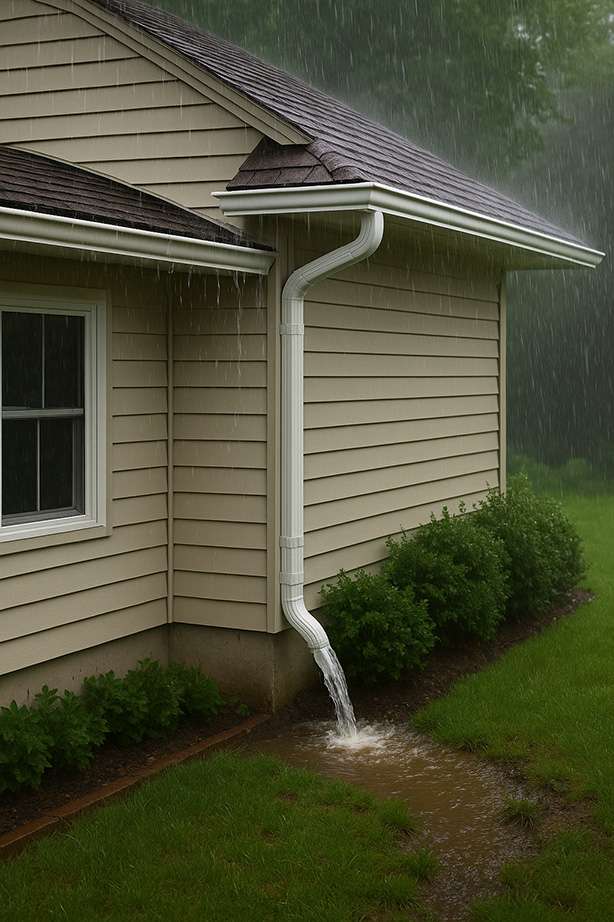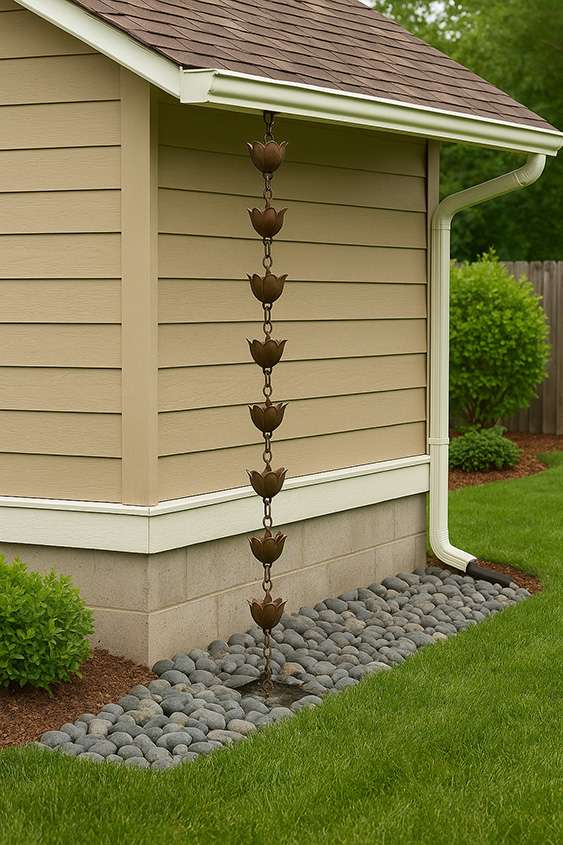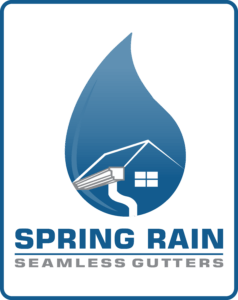If you’ve ever driven through a neighborhood after a heavy rain and noticed water pouring off rooftops in sheets, you may have wondered: do all houses really need gutters? This is a question homeowners in Emmett, Idaho, and beyond often ask—especially when considering upgrades or repairs. While gutters may seem like just another item on the home maintenance checklist, their role in protecting your property is more significant than you might think. But are they always necessary? Let’s dive into the facts, the benefits, and a few situations where you might opt to go without.
What Do Gutters Actually Do?
At their core, rain gutters are designed to collect water running off your roof and channel it safely away from your home. By directing water away from your foundation, siding, and landscaping, gutters help prevent a range of potentially costly problems.
- Prevent Foundation Damage: Without gutters, rainwater can pool around your foundation, increasing the risk of cracks, leaks, and structural issues.
- Protect Siding and Paint: Water streaming down exterior walls can damage paint, wood, and even brick, leading to rot and unsightly stains.
- Reduce Landscaping Erosion: Gutters help prevent soil erosion around your home, keeping flower beds and lawns intact.
- Prevent Basement Flooding: Properly installed gutters can keep your basement dry by diverting water away from the home’s perimeter.
- Guard Against Mold and Mildew: By minimizing water exposure to your home, gutters reduce the risk of mold growth both inside and out.
When Are Gutters Essential?
In most cases, especially here in the Treasure Valley area, gutters are not just helpful—they’re essential. Here’s why:
- Significant Rainfall: Even if Emmett doesn’t see the rainfall levels of the Pacific Northwest, our spring storms and snowmelt can result in heavy runoff. Gutters are a first line of defense.
- Sloped Roofs: Homes with steeper roofs shed water more quickly. Without gutters, this can mean more water pooling right next to your foundation.
- Clay or Poorly Draining Soil: If your property has soil that doesn’t drain well, gutters are crucial for preventing soggy yards and waterlogged foundations.

- Basements or Crawl Spaces: Any home with a below-grade area is at higher risk for water intrusion without proper drainage.
In these scenarios, installing seamless rain gutters, like those offered by Spring Rain Gutters, is a wise investment that protects your home’s value and your peace of mind.
When Might a House Not Need Gutters?
While gutters are a smart choice for most homes, there are a few unique scenarios where they might not be strictly necessary:
- Arid Climates: In areas with minimal rainfall, some homeowners opt to skip gutters altogether. If rain is rare, the risk of water damage is much lower.
- Extensive Roof Overhangs: Homes designed with deep roof overhangs may naturally direct water far enough away from the foundation, reducing the need for gutters.
- Perfect Grading: If your property slopes steeply away from the house in all directions and has well-draining soil, water may never pool near your foundation.
- Historic or Rustic Aesthetics: Some older or architecturally unique homes may forgo gutters for aesthetic reasons, relying on alternative drainage systems.
However, even in these cases, it’s important to carefully assess the risks. Water is relentless, and what works in theory doesn’t always work in practice—especially when the weather throws a curveball.
Are There Downsides to Gutters?
As much as we love gutters here at Spring Rain Gutters, we believe in being honest about their drawbacks, too. Here are a few considerations:
- Maintenance: Gutters need to be cleaned regularly—especially under trees—to prevent clogs and overflows. (That’s where our gutter cleaning service comes in!)
- Installation Cost: Quality gutters are an investment, though at Spring Rain Gutters we offer fair, transparent pricing and a 4-year warranty.
- Potential for Damage: Poorly installed or neglected gutters can sag, leak, or even detach, causing more harm than good.
The good news? With professional installation, regular maintenance, and optional leaf guards, these issues are easily managed.
Alternatives to Traditional Gutters
If you’re determined to avoid gutters, there are a few alternatives—though each comes with trade-offs:
- Rain Chains: These decorative chains guide water from the roof to the ground, slowing its descent and reducing erosion. They’re beautiful, but less effective in heavy storms.
- French Drains: These underground drainage systems can handle runoff, but they’re more expensive to install and require careful planning.
- Drip Edges: Metal flashing can help direct water away from fascia boards, but won’t solve foundation drainage issues.

In most cases, these alternatives work best as part of a larger water management strategy—not as a complete replacement for gutters.
So, Do You Need Gutters?
For most homes in Emmett and the broader Treasure Valley area, the answer is a resounding yes. Gutters are a smart, cost-effective way to protect your biggest investment from the long-term effects of water damage. While there are a few exceptions, the risks of skipping gutters often outweigh the short-term savings.
If you’re unsure whether your home or business would benefit from gutters—or if you need help maintaining the ones you have—reach out to the team at Spring Rain Gutters. Our friendly, honest approach means you’ll get straightforward advice, expert installation, and service you can count on, all backed by our 4-year warranty.
Ready to protect your home? Call us at 208-370-8058 or contact us online. We’re here to help, rain or shine!
